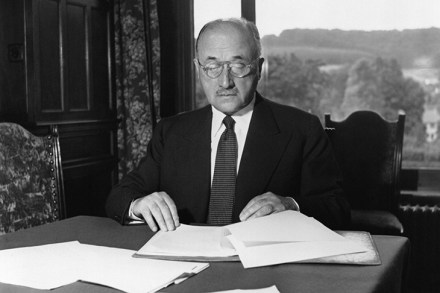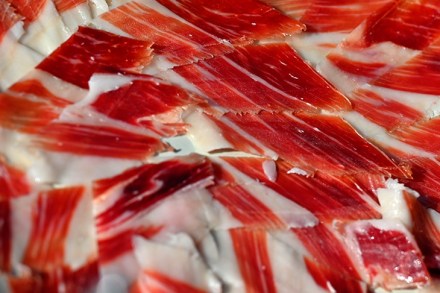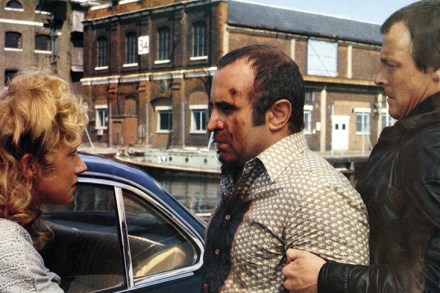Joan Didion’s needle-sharp eye never fails
Most collections of journalism are bad. There are two reasons for this: one is that they are usually incoherent and the other is that they are, perversely, far too coherent. The pieces are pulled from their original contexts — newspapers, magazines — and thrown together with others they have no relation to beyond a common




















